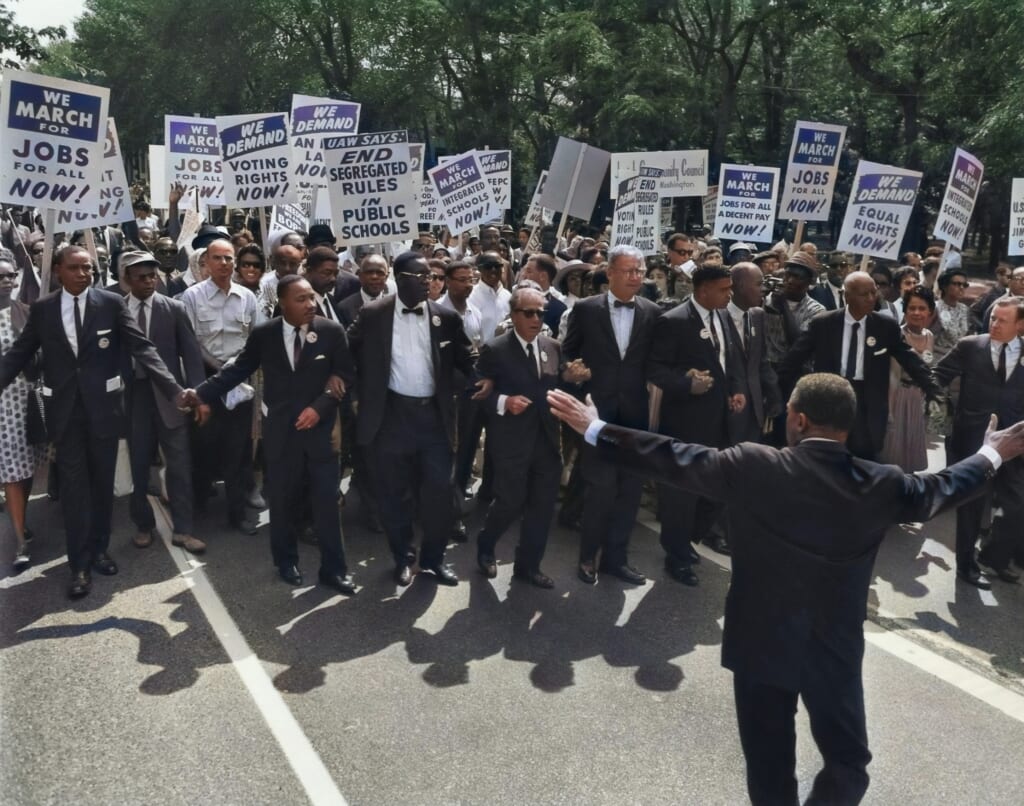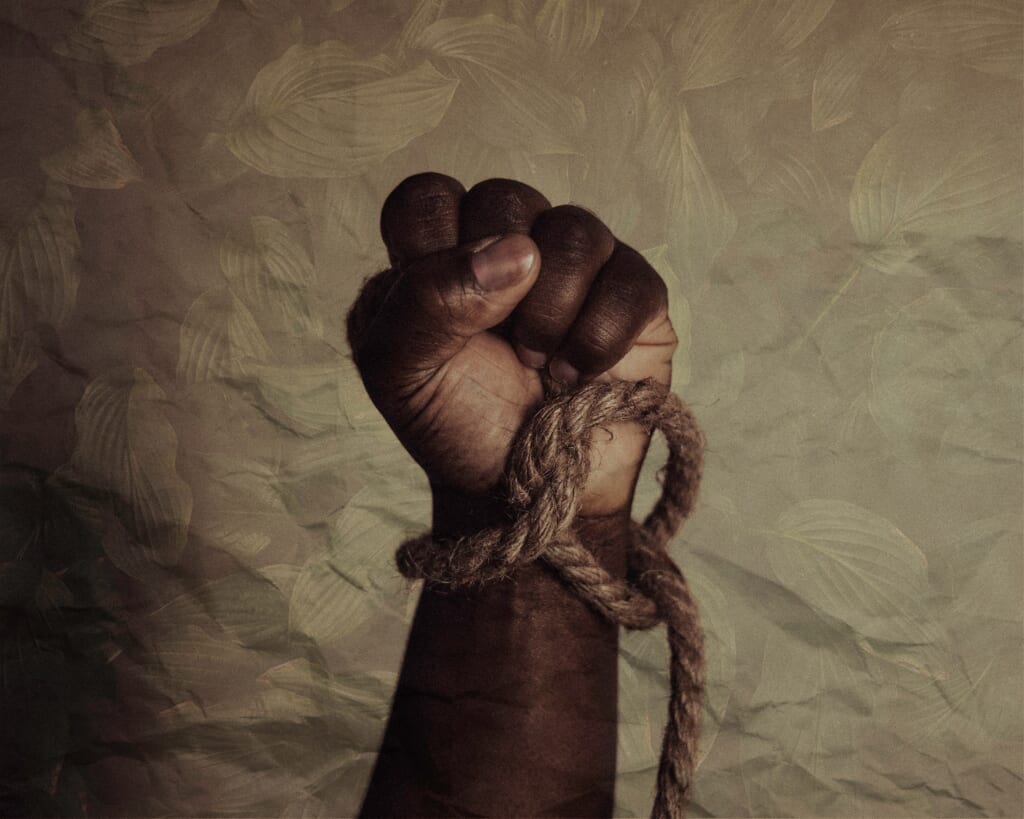Who was America’s first Black congressman?
The story of America's first Black congressman is not just a tale of one man, but of two

As the Civil War came to a close and states began reconciling with the reality of millions of freed Blacks, a surprising trend began to occur. Black men could now vote and serve in elected positions. Taking advantage of this sea change, some Black men were not just running for office in the South; they were also winning.
When combined with majority-minority voting districts, Black men were beginning to earn positions in state and federal office, including the House of Representatives. In fact, if not for the proliferation of disenfranchisement laws decades following Reconstruction, the trend toward Black political empowerment would likely have expanded at an exceptional rate. The story of America’s first Black congressman is not just a tale of one man, but of two.

Read More: Ngozi Okonjo-Iweala to be first Black woman lead at World Trade Organization
Joseph Hayne Rainey
Congressman Joseph Hayne Rainey broke several barriers and made many accomplishments as America’s first Black congressman. While he was the first Black man to be seated in the US House of Representatives, he also went on to serve five consecutive terms, more than any Black congressman elected during the Reconstruction era.
In 1832, Rainey was born into slavery in Georgetown, South Carolina. By 1840, however, he had found freedom after his father earned and saved enough money to pay for his entire family’s freedom. Similar to Hiram Revels (America’s first Black senator who entered Congress concurrently with Rainey), Rainey’s early life involved working as a barber. It was Rainey’s father who taught him the business, which was essential in helping Rainey’s father, Edward, earn the money necessary to buy the family’s freedom.

When the Civil War broke out, the Confederate Army attempted to conscript Rainey to serve in various capacities, including building defenses and working as a ship’s steward. Rainey did not stick around for long. In 1862, he and his wife fled to the British colony of Bermuda. Because the British had outlawed slavery in the 1830s, Rainy and his wife were able to live and thrive while operating their own businesses safely.
Rainey and his wife returned to South Carolina in 1866. He was critical in helping to found the South Carolina Republican Party, and by 1868, he had won a seat in the South Carolina State Senate.
After his predecessor was accused of illegal activities, the South Carolina Republican Party selected Rainey to fill an empty seat in the 41st Congress. He was successfully seated, but his story did not end there. His political prowess, intellect, and character helped him win reelection four more times. He served the people of South Carolina for 10 years. The proliferation of fear, violence, and voter suppression against Black voters and politicians eventually led to his loss at the ballot box in the 1878 election.

Jefferson Franklin Long
As with many Reconstruction-era Black members of Congress, Jefferson Franklin Long was born into slavery. Long was of mixed ancestry, with a white father, although his father’s exact identity remains unknown. He came into the world in 1836 near Knoxville, Georgia, and would call Georgia his home for the entirety of his life. Long worked alongside Joseph Rainey, as both men were elected to the House of Representatives at the same time and served together in America’s 41st Congress.
Read More: Jones, Torres sworn in as nation’s first openly gay Black congressmen
As a child, Long took an extreme risk by teaching himself to read and write. Teaching slaves to read and write became illegal in Georgia in 1829, before the Nat Turner rebellion. Following the Civil War, Long opened and ran a successful tailor shop. He was able to hedge his ability to read and write to run a profitable business with a mostly white clientele. Thanks to a number of well-connected clients, Long was able to start participating in regional politics.
As was typical for well-educated Black men at the time, his oratory skills were impressive and unmatched, making him a prime candidate in Republican circles. Once Georgia was allowed to return to Washington D.C. for representation in Congress, several seats were unfilled. Long and several other Black candidates were selected to fill empty seats. During the voting process, armed whites killed several Black voters. However, Long was successfully elected to office with 53% of the vote and was seated on January 16, 1871.
Have you subscribed to theGrio’s new podcast “Dear Culture”? Download our newest episodes now!
TheGrio is now on Apple TV, Amazon Fire, and Roku. Download theGrio today!
